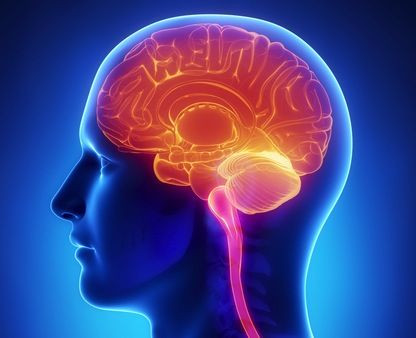Tweaking Lumosity: Brain Game Company Shows How It Optimizes Games For Maximum Efficiency

Lumosity’s brain games are meant to improve core cognitive functions, such as memory and attention, by exercising the brain’s plasticity. For its customers to get the most out of the program, the company is constantly conducting research, and has completed 15 studies with more than 38 currently under investigation. In one of its latest studies, the company has found that making alterations to some games sped up cognitive improvement, especially when it came to spatial recall and attention.
One of the two altered games is Lost in Migration, known as a flanker task, which tests a person’s ability to spot an opposite-facing bird in the middle of a group of other birds. The researchers altered the game by changing the sizes of the birds, the space in-between them, and the ways in which they rotated. The other game, Memory Matrix, which is known as a pattern span task, tests a person’s ability to memorize the location of highlighted tiles. They altered this game by changing the starting amount of tiles a participant had to memorize and allowing participants to make errors more often.
Almost 600,000 participants were randomly assigned to either the group that played altered games or the group that played normal versions. The participants played every day for 17 days, racking up over 2.2 million games played. Their accuracy, reaction time, and memory capacity were tested before and after the time period. The researchers found slightly more improvement among those who played Lost in Migration when the birds’ sizes, distances, and rotations were changed, with altered rotations having the largest effect. Participants who played the altered Memory Matrix also showed improvements in recalling the locations of highlighted tiles. For all participants who played the altered games, improvement increased with more time spent playing games.
“These results are interesting because they show that small changes to a training task can lead to a large differences in learning rates,” Aaron Kaluszka, a research scientist at Lumosity, said in a statement. “Understanding the impact of these changes in training can inform our understanding of online game-based learning, and help us develop more targeted tasks that help people of all ages and skill levels learn faster and more efficiently.”
The findings were presented alongside another study that the company conducted last week at the annual meeting of the Society for Neuroscience. The other study found that participants who trained for more than 10.5 hours — the median time spent for participants — over a ten-week period saw greater improvements. In other words, the study was conducted to see if the games worked, and they did.



























